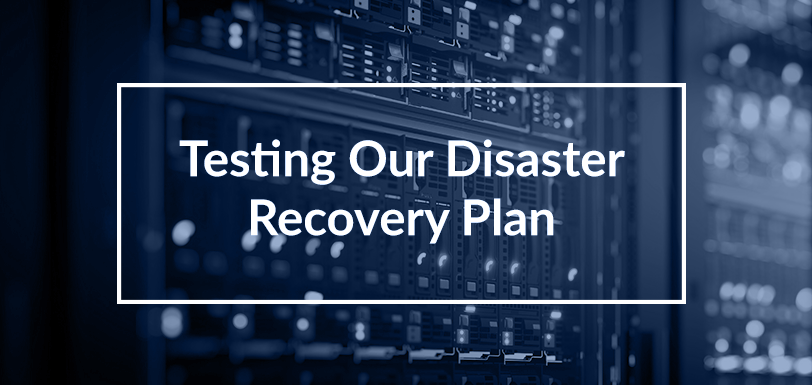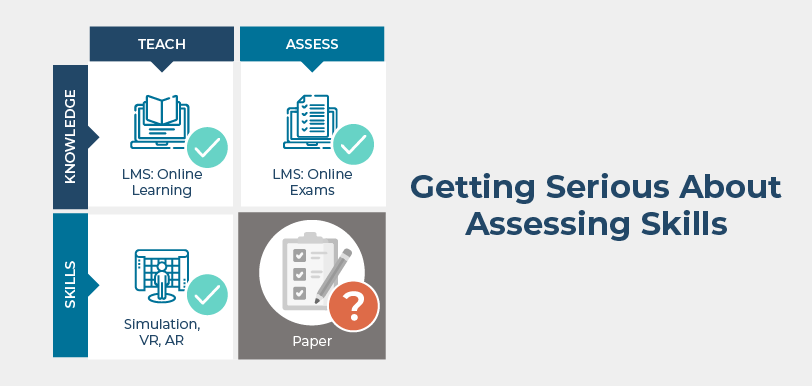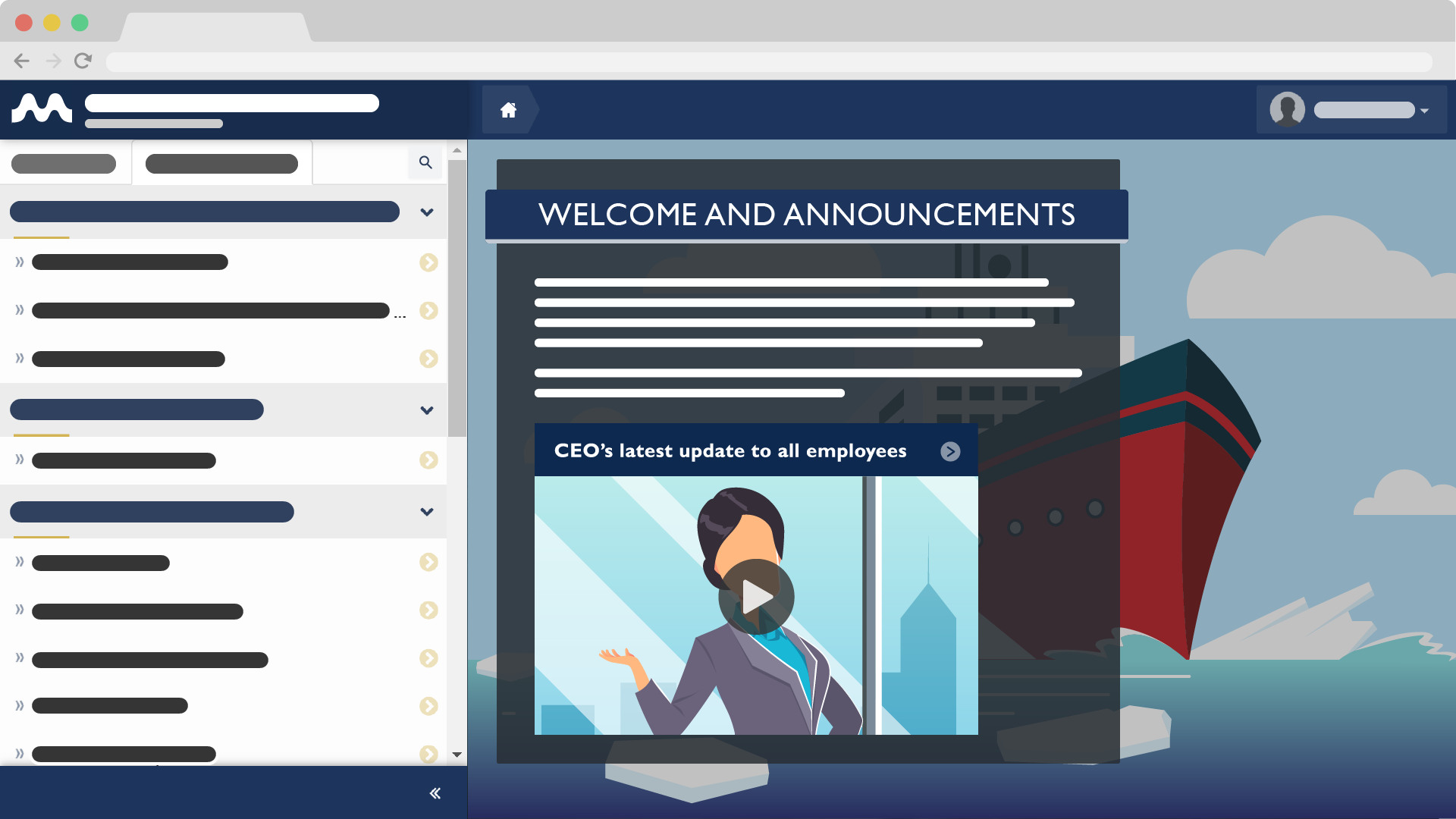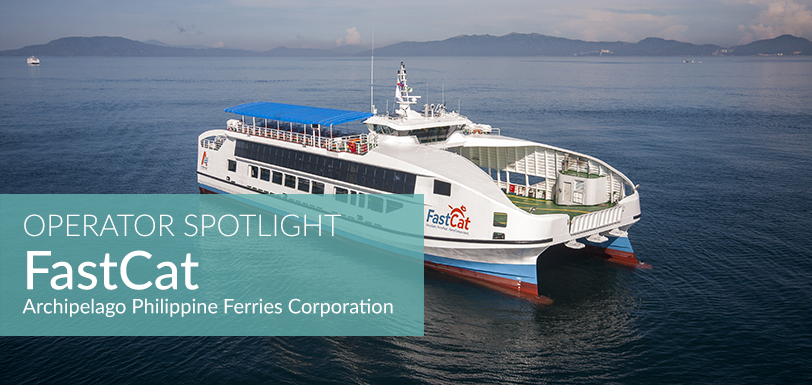Maritime CBT Alternatives: Is Off-the-Shelf Content Right for Your Needs?
Apr 1, 2021 Marine Learning Systems 0 CBT, Maritime Training, Training ContentComputer Based Training (CBT) and eLearning from content providers are ubiquitous in the maritime industry. Most shipping operators train their employees with off-the-shelf content from companies like Videotel and Seagull (now part of Ocean Technologies Group). Their large course libraries and relatively low price point have made generic CBT providers a convenient choice for operators to ensure compliance. However, for an operator looking to move beyond compliance, is off-the-shelf content right for their needs? What are the strengths and limitations of this type of training solution? Does the completion of standard courses equate to competency? And are there any CBT alternatives?
Strengths of Off-the-Shelf Content for Maritime Training
As mentioned before, the most significant strength of generic training materials is the combination of quality and price. The courses are produced with the aim of selling as many as possible. And so, the titles are typically relevant to large portions of the industry. For example, topics required for regulatory needs, relating to the STCW, maritime English, and more are almost always relevant to an operator.
With such a big potential audience, a vendor can invest more resources into the creation of training materials, yet still sell them at a reasonable price. This way of producing content is efficient for both the operator and the content provider. For commonly used topics, it is hard to beat these providers on their value.
In addition, most content providers also supply a basic software platform needed to deliver their courses. Along with their large library of titles, this makes content providers a one-stop shop for operators who have limited resources to spend on training. The convenience of dealing with only one vendor for training can be appealing.
Limitations of Off-the-Shelf CBT for Maritime Training
While pre-made training materials offer good value and accessibility, there are some limitations to using solely off-the-shelf courses for all training needs:
Not company-specific: CBTs, by the nature of their business model, cannot cover company-specific materials. Course titles are applicable to either a segment of the industry or to the entire maritime industry. As a result, the content itself is often high-level, generic and covers only basic issues. While this can be sufficient for compliance, this means CBTs are not able to cover topics that are essential for safe operations, such as vessel- or equipment-specific training or materials for specific roles.
Difficult to modify: Off-the-shelf CBTs from content providers are generally delivered as-is and are not easily modified to be unique to a customer’s context, operations, or business. Built-in assessment questions cannot be changed, and new questions cannot be added. This can make it difficult when trying to cover individual learning gaps or known risks specific to an operator.
Potential technology mismatch: The accompanying software platform for content delivery may not fit an operators’ reporting, workflow, and operational needs. The focus for a content provider is on developing pre-defined training materials. There is less attention paid to building and configuring software to suit individual operator requirements. The hope is that a platform that works for most operators will apply to everyone in the industry.
Single library: It is often the case that once an operator chooses one content provider, they are locked out of course materials created by other companies. Thus, an operator is limited to choosing off-the-shelf CBTs from only one provider. In other cases, the platform that accompanies the CBTs can only support limited formats and layouts.
Reporting limitations: Reporting for off-the-shelf CBT only proves that a mariner has completed specific compliance training. The lack of company-specific materials, tracking of other forms of training (such as classroom training), and deeper analytics means that operators gain less insight on crew performance and competency.
Maritime CBT Alternatives
What are the alternatives?
For an operator that wants to move beyond compliance, it may be necessary to shift away from a one-size-fits-all approach. Separating the training solution into multiple components help increase flexibility and lessen compromises. The operator can then find appropriate off-the-shelf CBT content for generic topics; choose a learning management platform that matches their assessment, reporting and workflow needs; create custom training materials to address company-specific operations and competency; and supplement traditional classroom training with advanced media formats such as VR, AR or XR.
By combining off-the-shelf content with company-specific materials, an operator gains a more cost effective but targeted approach to training. Choosing purpose-built technology also gives more relevant data on training that drives accurate insights on crew competency.
Another way to train for more than just compliance is to shift away from a model that assumes competency is achieved when training is completed. Instead, crew competency could be proved through purpose-created, ongoing, and consistent on-the-job assessment. Once competency is accurately assessed, training could be targeted to specific gaps in skill and knowledge. And thus, mariners who demonstrate the ability to operate safely do not need to undergo unnecessary training. This transforms training into a relevant activity that addresses actual safety and performance issues, rather than delivering training that everyone can easily complete simply to show compliance.
Follow this Blog!
Receive email notifications whenever a new maritime training article is posted. Enter your email address below:
Interested in Marine Learning Systems?
Contact us here to learn how you can upgrade your training delivery and management process to achieve superior safety and crew performance.






